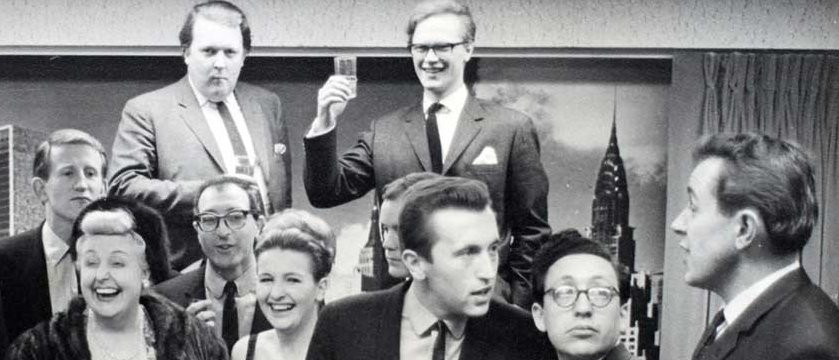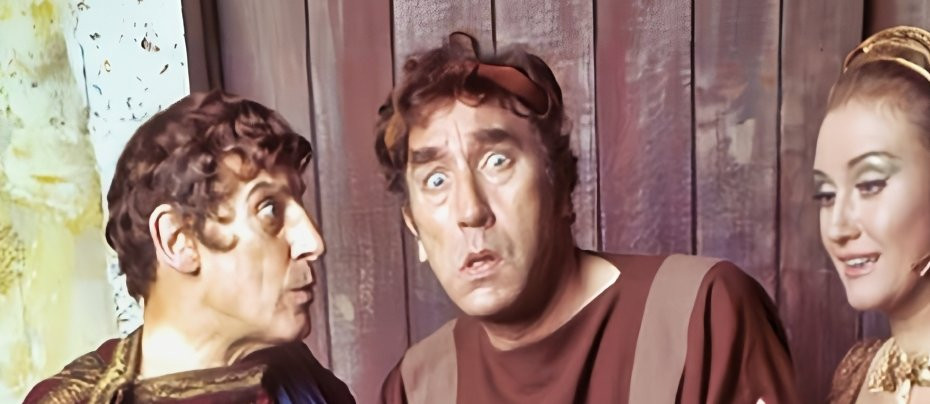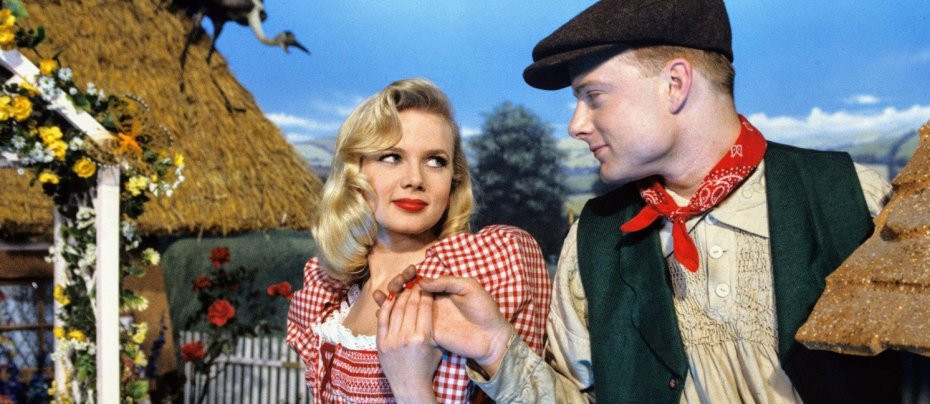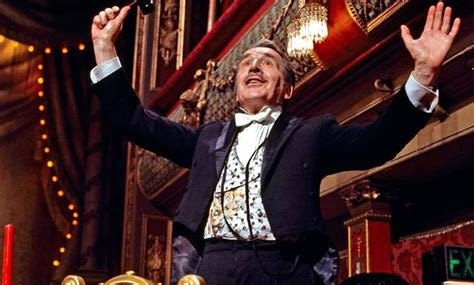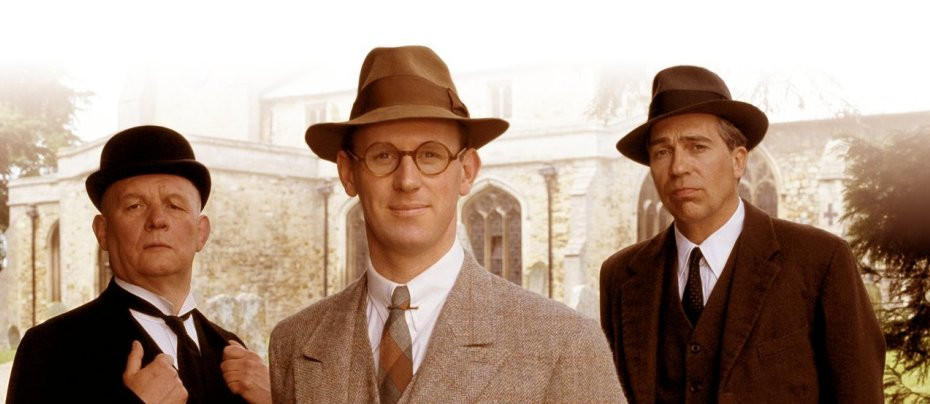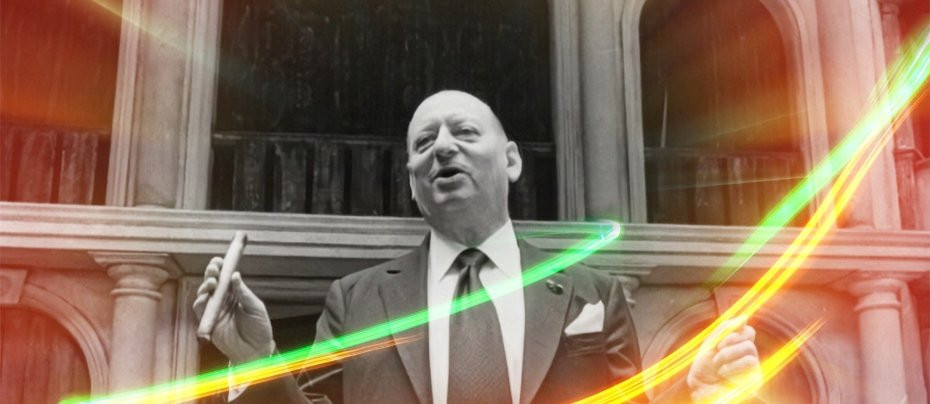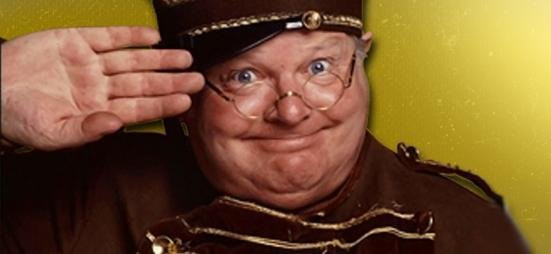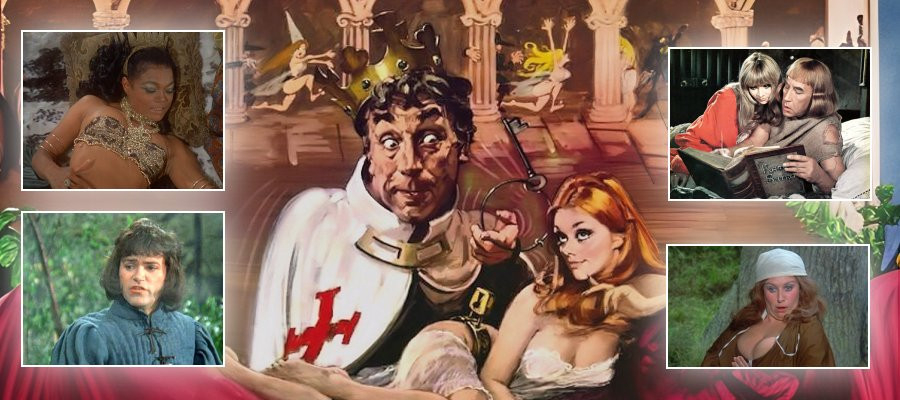
Up the Chastitiy Belt
Made at a time when British cinema seems to have consisted almost entirely of cinematic "spin offs" from successful television comedies, Up the Chastity Belt was something a little bit different - it was the sequel to a cinematic "spin off" from a successful television comedy. As such it seems to have been part of a deliberate effort to establish a new cinematic franchise to succeed Carry On, which was visibly running out of steam at that point.
The irony of this is that the incipient Up franchise of comedies set in different historical periods owes a great deal to Talbot Rothwell, the writer who took Carry On into historically themed projects and wrote all the best Carry On screenplays. It was during a remarkably fruitful phase of his career, while he was still working on those screenplays, that Rothwell also wrote the first season of the original television version of Up Pompeii! and co-wrote the second season. Although he was not directly involved in the subsequent film version, he was granted a "based on an idea by" credit.
That credit is deserved but not entirely accurate. Although Rothwell himself made a point of denying he had ever seen it, Up Pompeii! owes its origins to Frankie Howerd's stage performance as a scheming slave in Ancient Rome in the London stage production of Stephen Sondheim's A Funny Thing Happened On The Way To The Forum, which itself owed a great deal to the 2nd Century BC Roman comic playwright Plautus. The official story is that two BBC executives on a trip to Pompeii - it was a good life to be a BBC executive back then - kept thinking of Howerd in that role and on their return commissioned Rothwell to write a script for Howerd as a completely different scheming slave. The result was a great success. Rothwell returned to write a second season but, by that point, the pressure of work was beginning to tell on him, so he brought in an old writing partner, Sid Colin, to co-write with him. The two had worked together on the popular Terry-Thomas vehicle How Do You View? - Rothwell's first official credit - and later on Carry On Spying.
Colin took on sole scriptwriter duties for the cinematic Up Pompeii and wrote most of its two sequels, the first of which was Up the Chastity Belt. While Rothwell was not directly involved in the films, one can see his influence in the combination of high satire and low humour, so to that extent he earned that "based on an idea by" credit in the first and really ought to have had one for Up the Chastity Belt as well. Curiously, it is more difficult to see much influence of the scriptwriting A-Team of Ray Galton and Alan Simpson who were brought in to polish the script. There is certainly none of their trademark downbeat realism. It feels far more Carry On in tone.
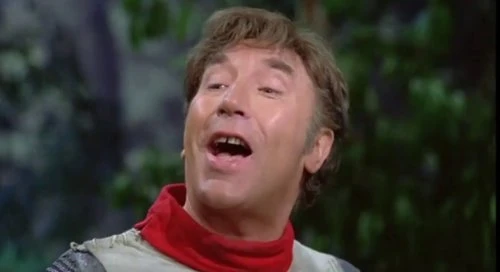
Apart from the fact that Howerd's cunning servant, Lurkalot as opposed to the original Lurcio, is a Medieval English serf rather than an Ancient Roman slave, the basic scenario of Up the Chastity Belt is exactly the same as it is in the Up Pompeii film: he serves, and basically manages, a dysfunctional upper class family consisting of an ineffective paterfamilias, his ambitious wife, their nymphomaniac daughter, and their nice but dim son, and they are completely unprepared for the threat posed by a powerful and ambitious neighbour. Indeed, the slightly wet son and the ruthless neighbour are played by the same actors, Royce Mills and the magnificent Bill Fraser respectively, in both projects.
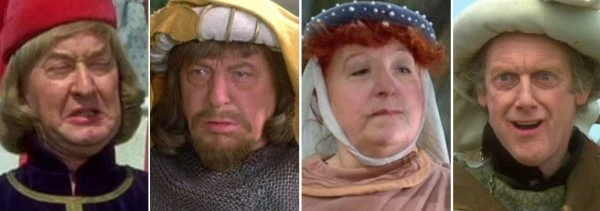
Other familiar faces appearing in both films include Lance Percival, Rita Webb, Roy Hudd, Veronica Clifford, Lally Bowers (even if we do not actually see her face in this one), Aubrey Woods, Ian Trigger, and Derek Griffiths as a memorable Saladin - it would explain a great deal about the Crusades if he was really like this.
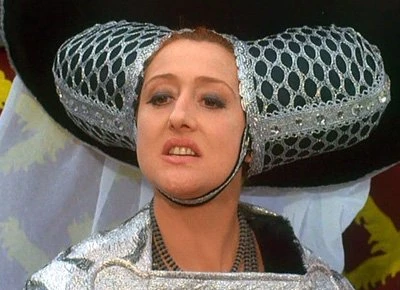
Graham Crowden is well cast as the nominal head of Howerd's household, as is Anna Quayle as his exasperated lady. Anne Aston (The Golden Shot) is their pretty daughter, Judy Huxtable a pretty German lady, Patricia Quinn (I, Claudius) a pretty young wife, and Sammie Winmill (The Tomorrow People) a pretty waitress from whom Howerd orders a Scotch egg - is one still allowed to say that one misses the times when all the girls in films were pretty? Eartha Kitt turns up, somewhat bizarrely, as Scheherazade and sings the catchy theme song.
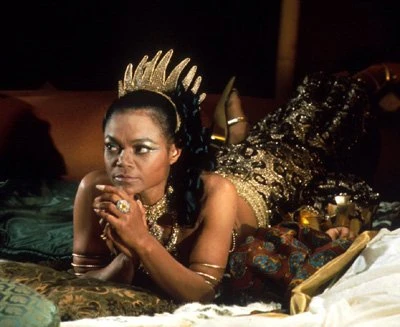
By way of balance, testosterone is provided by David Prowse, who actually had a very busy career even before Star Wars. Boxer Billy Walker is a woodsman known as Chopper, doubtless on account of his big axe. Iain Cuthbertson (Budgie) plays a German Crusader - a bit of counterintuitive casting that actually works quite well. Dave King, Frank Thornton, and the legendary Fred Emney all prove that there are no small parts for good actors, each with a memorable line. A young Christopher Timothy is a trader. Sam Kydd is a locksmith and Norman Beaton is a blacksmith - yes, they went there: this was the Seventies.
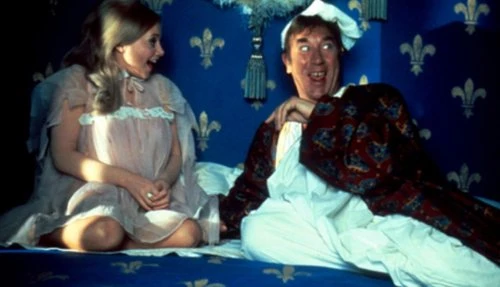
It has to be said that the humour is very much of its time. Whether this adds to the fun or undermines it is a matter of personal taste, but it has to be understood that the motivation behind some of the jokes was not what younger people today have been taught to assume. There is nothing subtle about the way Robin Hood's Merrie Men could more appropriately described by a synonym for merry. The point is reinforced by the casting of Hugh Paddick as Robin and Long John Baldry as Little John, but their participation, and the fact that the producer was Ned Sherrin, confirms that the intent was gentle, light hearted affection rather than malice. This was actually typical of film and television at this time. Similarly, proving there is nothing new under the Sun, there is a sharp visual gag about illegal immigrants crossing the English Channel by raft. One can be heard muttering "Enoch Powell, very bad man." Back then you were allowed to laugh at serious political issues and poke fun at both sides so that everyone joined in, it being understood that the purpose of humour was to reduce tension. Should any complain about the undoubted "objectification" of women, it applies equally to men and the fact that Lurkalot ends the Crusades by inventing feminism ought to appeal to "modern sensibilities."
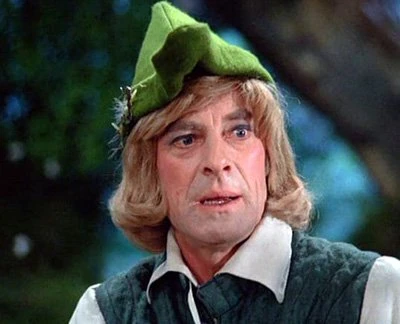
That plot point is in fact not modern at all since it is lifted straight out of Lysistrata, a comedy written by Aristophanes in the 5th Century BC. Should anyone suspect your reviewer of overestimating the cultural literacy of the filmscript, the play is referenced directly in the title of a Sid Colin episode of the television Up Pompeii!. The plot is evidently also influenced by Mark Twain's The Prince and the Pauper, the story of Joan of Arc, a range of folk tales, and, very, very loosely, the actual history of the late 12th Century. As with the better historically themed Carry On films, someone obviously opened a book or two at some point in the process.
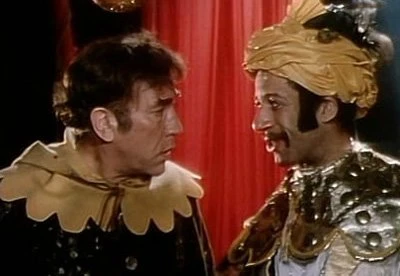
This knowing satire or parody, combined with a strong cast who all take their absurd characters seriously, and, above all, Frankie Howerd at peak Frankie Howerd, entitle Up the Chastity Belt to comparison with the very best Carry On films. It is basically Carry On Ivanhoe. If the cheapness of the production is fairly obvious throughout, the film, like the better Carry On films, knows how to make a virtue of that. The old trope of using a map to indicate travel is particularly well done. A splendid score by Carl Davis also takes itself seriously so that, stylistically, this comedy is actually superior to many supposedly dramatic evocations of the Middle Ages.
The dialogue is sharp and many of the lines are extremely quotable. Howerd is relatively restrained in his famous digressions so that the story trots along at a brisk pace. Not all of the jokes land, but there are so many that, if one fails, there is another coming fast enough to cover it. The film was a sufficient financial success to rush another, Up the Front, into production. Perhaps it was too rushed because the result was a sloppy mess that killed the burgeoning franchise stone dead. No more than that need ever be said about the third and last film.
Published on July 15th, 2025. Written by John Winterson Richards for Television Heaven.


